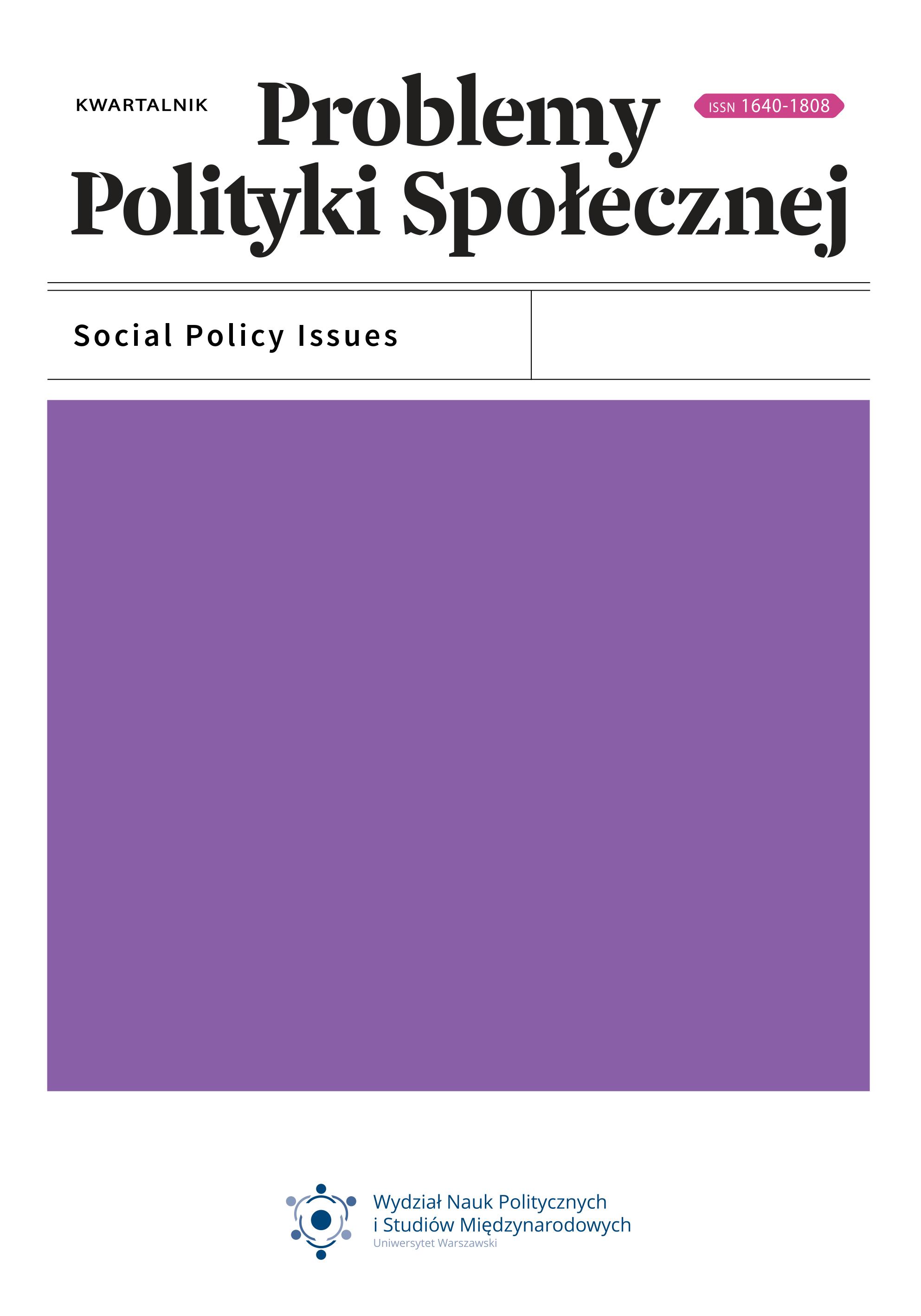From the “Socialist-Collectivistic” Welfare State to “McIsrael”: The Evolution of the Israeli Welfare State
From the “Socialist-Collectivistic” Welfare State to “McIsrael”: The Evolution of the Israeli Welfare State
Author(s): Krzysztof ChaczkoSubject(s): Politics / Political Sciences, Politics, Social Sciences, Sociology
Published by: Wydział Nauk Politycznych i Studiów Międzynarodowych UW
Keywords: Israel; welfare state; social policy
Summary/Abstract: The Israeli welfare state has sometimes been perceived as the most socialist outside the Eastern bloc and has been described by scholars with the use of terms such as “constructive socialism” or “socialist-collectivistic welfare state.” The creation of such a welfare state in Israel would not have been possible without the long dominance of the Mapai workers’ party on Israel’s political scene. The General Organization of Workers in Israel, established in 1920 and called Histadrut, played a vital role in shaping the Israeli welfare state and exerted an impact on Israeli social policy for many years. However, just as was the case with Central and Eastern Europe, when liberal-conservative parties came into power in Israel – parties that were not interested in the development of social programs – the Israeli welfare state evolved from one with a collective and social orientation to an ultra-liberal welfare state, denoting almost complete Americanization of socio-economic life, descriptively termed “McIsrael.” This article aims to analyze the evolution of the Israeli welfare state to test the validity of comparing the Israeli model to post-communist welfare states in Central and Eastern Europe.
Journal: Problemy Polityki Społecznej. Social Policy Issues
- Issue Year: 58/2022
- Issue No: 3
- Page Range: 183-198
- Page Count: 16
- Language: English

